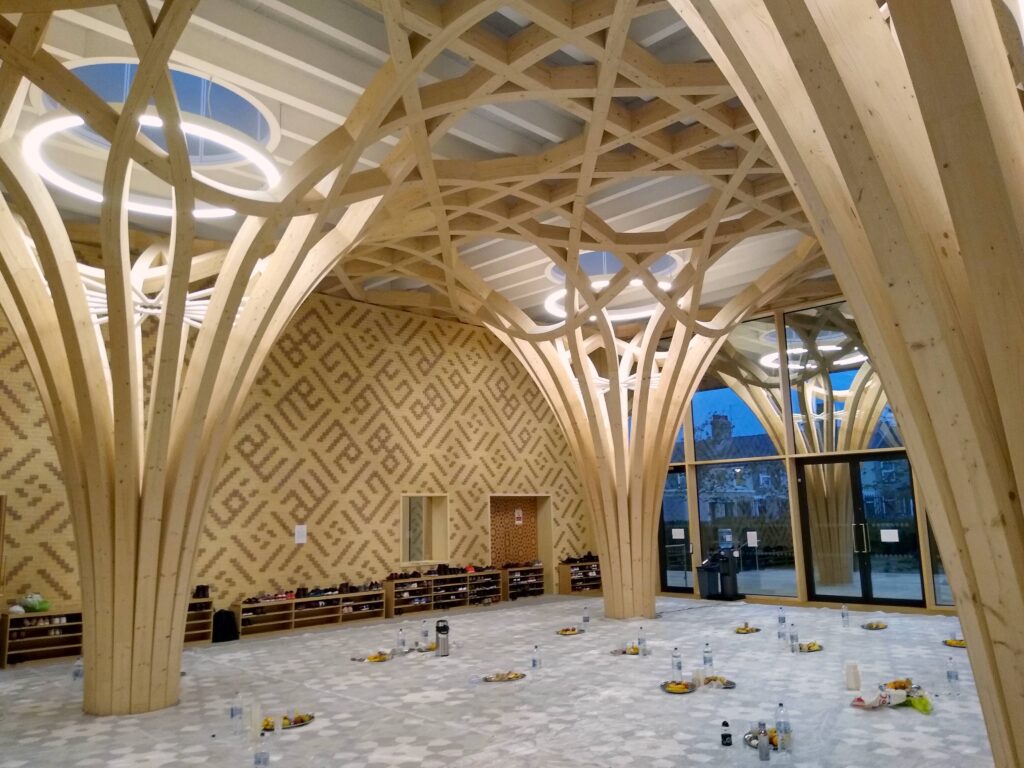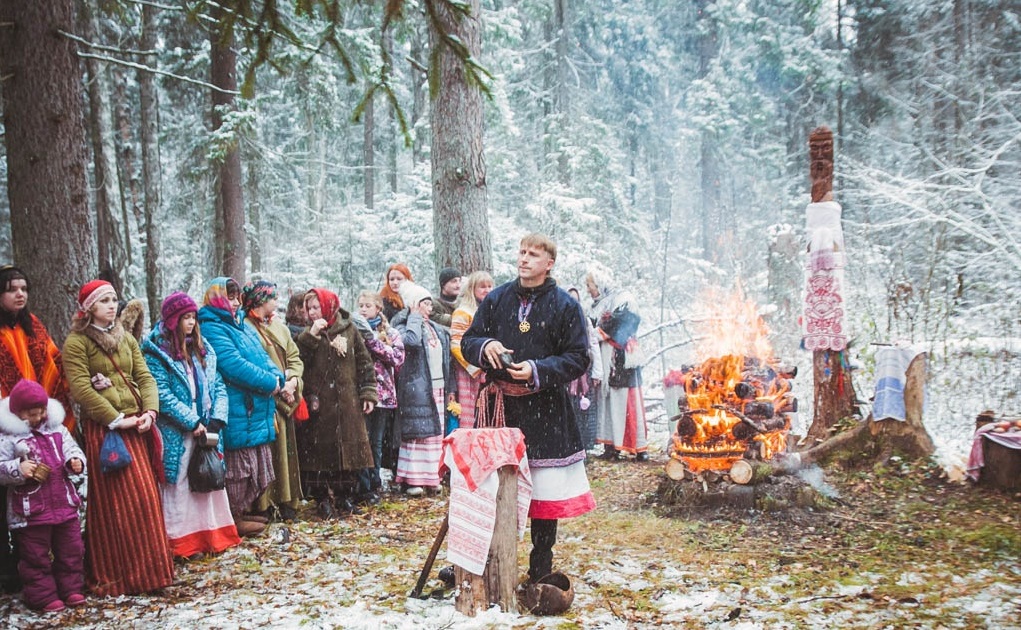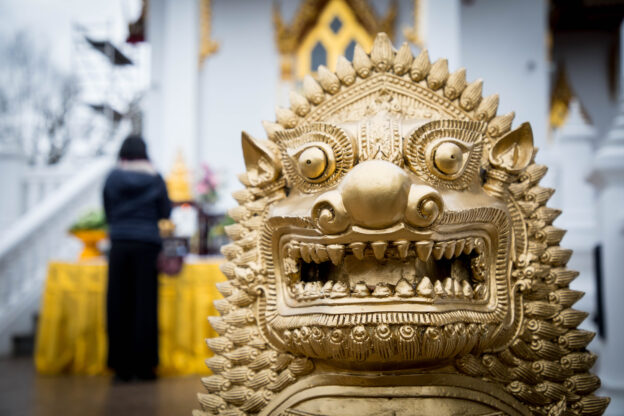By Suzanne Newcombe and Stephen Christopher
The Religious Studies Department at the Open University is excited to be the lead partner on a new grant from the John Templeton Foundation entitled ‘New Religiosity and the Digital Study of Eudaimonia’ (No. 63357), which runs from 2025-2027.
This project will establish an infrastructure that will allow researchers to explore how contemporary religion might promote or hinder well-being. Eudaimonia is a Greek word commonly translated as happiness or welfare. The concept is closely associated with questions of how to live a ‘good’, meaningful, and satisfying life. This was a major consideration of Aristotle’s practical philosophy. Traditionally, religious frameworks aim to provide the beliefs and social structures of providing just such a ‘good life’.
Using the infrastructure of the Database of Religious History at the University of British Columbia in Canada, the project will design a new data entry framework (a ‘poll’) to capture group-level descriptive variables that is fit-for-purpose to capture beliefs and practices in contemporary religious movements.
The ‘New Religiosity Poll’ will incorporate both narrative (qualitative) as well as closed questions which lend themselves to statistical analysis (quantitative). By establishing this data entry structure, we will be able to bring the study of contemporary religious movements into dialogue with the rapidly expanding field of the digital humanities and expanding computing power.
The project will have a particular focus on variables which are associated with human flourishing and well-being. These questions are likely to relate to things like gratitude, dietary restrictions restricting alcohol or tobacco use, nature of social support networks or encouragement to volunteer for causes within and beyond the structure of the religious movement itself.

Cambridge Central Mosque’s atrium (Cmglee, CC BY-SA 4.0)
We will also look at variables relating to how and to what extent a religious group is accepted by mainstream society in a particular national context or by the greater mainstream tradition to which it claims to be associated. We will also include information on beliefs and practices that might have a negative effect on wellbeing of some people, such as questions about the treatment of former members and the corporal punishment of children.

Svetoary community celebrating Mokosh (Union of Slavic Rodnover Communities, CC BY-SA 4.0)
After we establish this framework, we will enter 400 movements into the new database structure. Half of these entries will be organised by the partner organisation Inform, based in Theology and Religious Studies at King’s College London and half will be commissioned by Dr. Christopher with a focus on engaging scholars and trained expert-insiders from Asia and Africa. Our selection criteria for these groups will capture five broad traditions which have a significant presence from the 1970s onwards and have engaged with rapidly changing media technologies and the increasingly global flows of information and people.
In the final phase of the project, we will produce some articles exploring the relationships between variables. For our initial publications will identify statistically unlikely relationships between variables in an open-ended way (using a Bayesian model). Eventually, we hope this framework can be used to test to what extent existing theories about contemporary religion, often based on specific case studies, might relate to much larger trends.
The co-PIs for this project are the Open University’s Suzanne Newcombe and Stephen Christopher who is an Affiliated Researcher at Inform and a Research Fellow at the International Research Center for Japanese Studies (Nichibunken) in Kyoto. For more information on the project see: https://www.newreligiosity.org/

